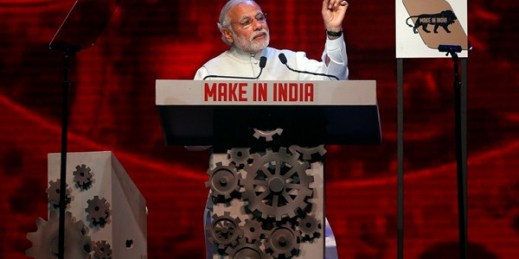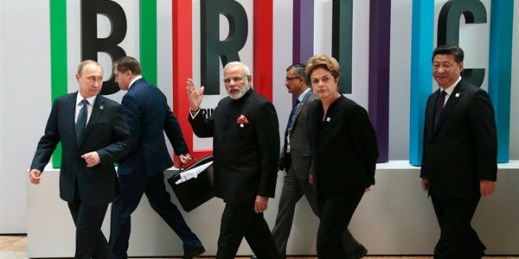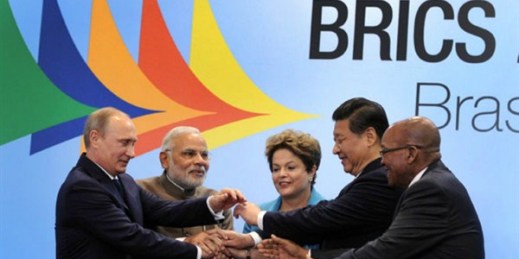
For more than six decades following India’s independence in 1947, urbanization remained an afterthought for policymakers, who hardly recognized the positive relationship between urban expansion and economic development. It wasn’t until 1984, when Rajiv Gandhi became India’s youngest prime minister and brought with him a new, young brigade of leaders, that those in power began to acknowledge that urbanization could serve India’s economy. Gandhi’s initiatives on urbanization, while new, were nonetheless hesitant. Through the 1990s and the early 2000s, analysts increasingly spoke of India’s “urban turn” and hinted at the beginnings of a serious investment in urban infrastructure and connectivity. […]


